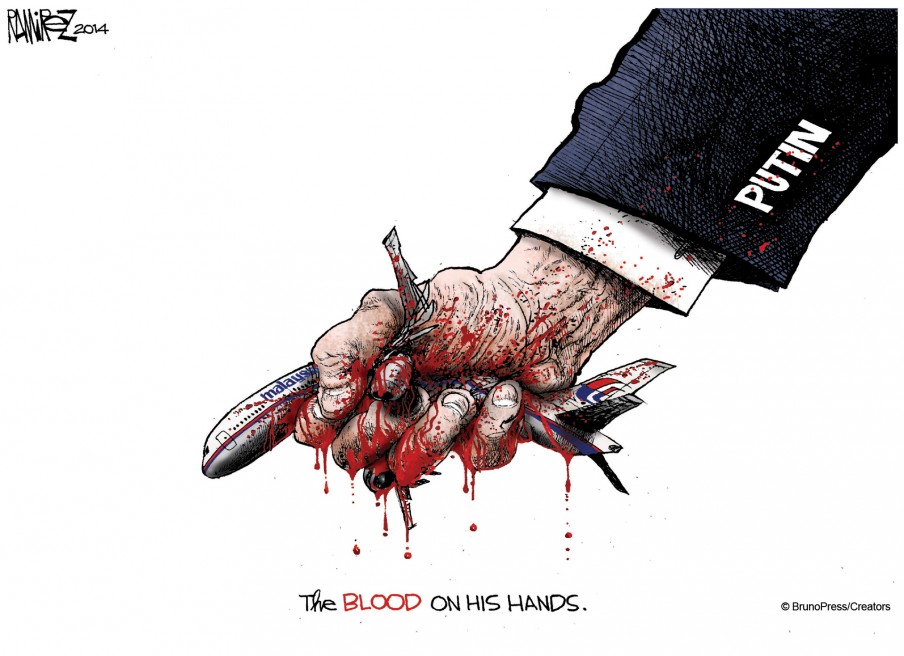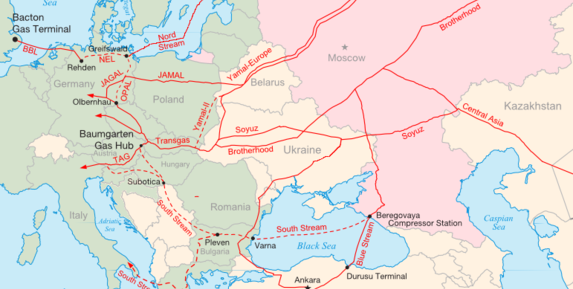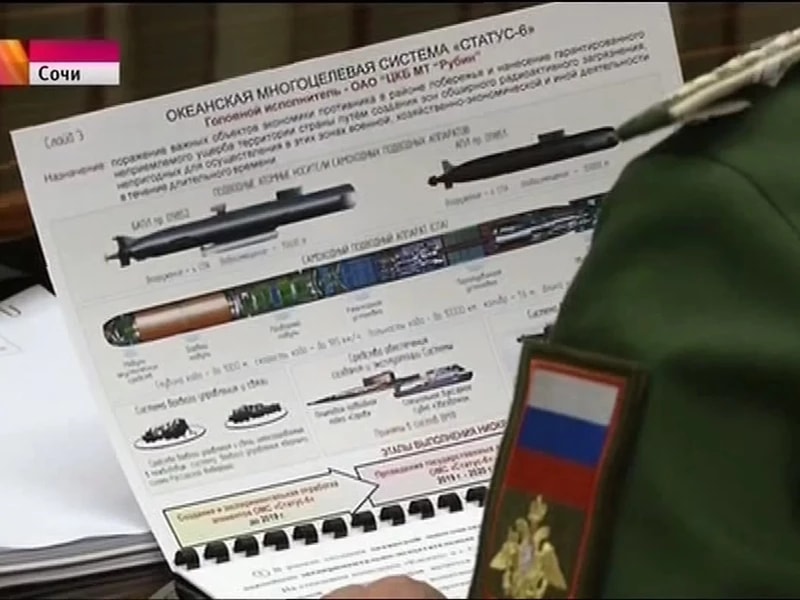Many Russian opposition commentators are saying that in the wake of the release of the report showing Moscow’s culpability in the shooting down of the Malaysian airliner Vladimir Putin is panicking and fears being hauled before an international tribunal in the Hague.

But these commentators are wrong, historian Irina Pavlova says, because Putin recognizes not only that he is not threatened by such a fate but also that the West has failed to take his measure and put in place measures that would end or at least limit his use of the strategies and tactics he has been using.
Analysts like Andrey Illarionov and Vitaly Portnikov, not to mention those who have long been predicting the imminent end of Putin’s regime and the emergence of a new Russia at peace with the world have fastened on the MH17
report as pointing to that, the US-based Russian historian argues.
They are almost certainly wrong, she says, pointing to the words of another Russian commentator, Ilya Milshteyn, whose conclusions about what the MH17 report really means for Putin and the West that still has yet to take his measure.
He writes:
Milshteyn continues: “Right now, this clash of humanity with a most powerful terrorist organization -- one that Russia hasn't banned but chosen -- has entered a new stage.” But all indications are that “everything still remains in a fog” with the West still unsure of what it is up against and how it must act as a result.
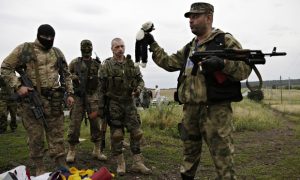
If somewhat emotionally expressed, Pavlova says, this is exactly right, because the West still has not recognized that “today it is dealing not simply with a dangerous figure but with a new type of political player on the world arena,” one who behaves -- albeit armed with the most powerful weapons -- like a thuggish youth who “spits on rules, obligations, and Western values.”
Putin is, she says, “aggressive, purposeful and consistent in his actions,” all facts that many in the West and in Russia too have failed to take into account.
Pavlova concludes by quoting her own words of more than a year ago: “Today, from the Western countries and above all the US, wisdom and political will is required to oppose the political challenge posed by the Kremlin.” This response must be peaceful because in a military conflict, Putin will use his nuclear weapons.
Therefore, she wrote then and reiterates now:
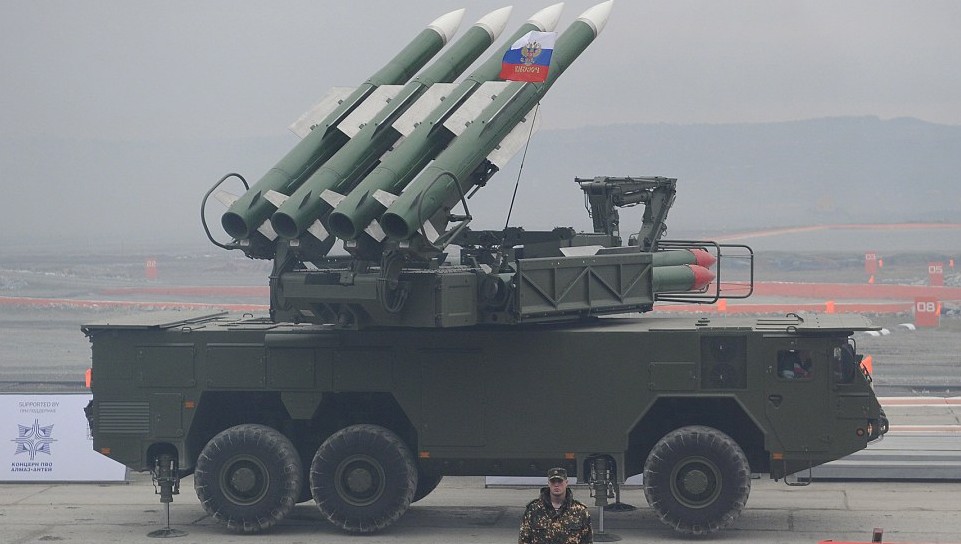
For that to happen, Pavlova says, “it is vitally necessary to find ‘a key’ to change the policy of the present Russian authorities, to undermine the pro-Stalinist identity constructed by it within the country, and to destroy the image of the global world, which the Kremlin is trying to build, using the values and methods of Stalinist great power approach.”
“Unfortunately,” she writes now, “there is none of this in evidence yet.” And because there isn't, Putin isn't panicking and will continue to act as he is confident that he can get away with murder and much else besides.
Related:
- MH17 report may lead Moscow to use military force against Belarus, Minsk analyst says
- Moscow may soon blame extraterrestrials for MH17 catastrophe, Russian aviation expert says
- Bellingcat narrows list of possible MH17 culprits from Russian 53rd Brigated to 20 servicemen
- Putin accelerating his plan for long-term confrontation with the West, Illarionov says

